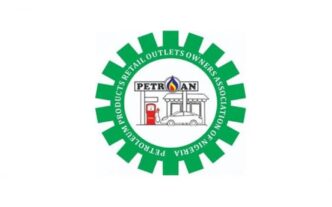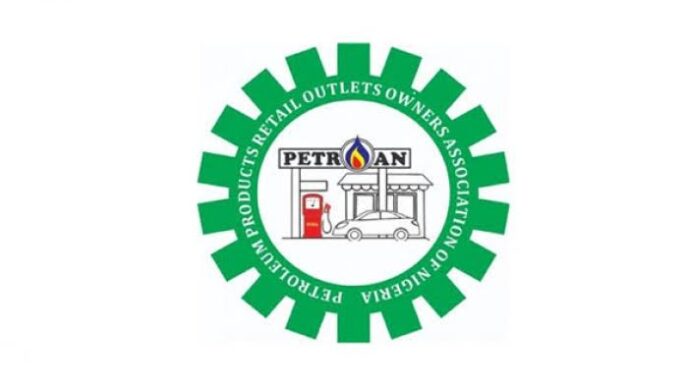Akinwumi Adesina, the President of the African Development Bank (AfDB), has emphasised that the implementation of special agro-industrial processing zones (SAPZ) in Nigeria is expected to reduce food imports and generate employment opportunities significantly.
Gatekeepers News reports that during the groundbreaking ceremony for the SAPZ project held in Calabar on Thursday, Adesina characterized this initiative as transformative, highlighting its potential to unlock the economic capabilities of Nigeria’s agricultural sector.
He pointed out that Nigeria, with its vast arable land, affordable labour force, and diverse agroecological zones, has the resources to achieve complete self-sufficiency in food production and ultimately position itself as a major exporter of agricultural commodities.
“By taking advantage of the special agro-industrial processing zones, Nigeria will now have the infrastructure and industrial platform to transform all its food and agricultural commodities,” Adesina said.
“What a day we are celebrating today. The special agro-industrial processing zones will reduce food imports, conserve foreign exchange, expand production and processing of food and agricultural commodities.
“It will strengthen the naira, and attract significant private investment in agricultural value chains.
“The SAPZs will also revive and transform rural economies and create millions of jobs.”
Adesina commended the federal government for its dedication and firm political will under President Bola Tinubu, noting that this has been crucial in implementing the zones across several states.
He also praised Vice-President Kashim Shettima for his unwavering support to the project.
“You have been the promoter, the facilitator, and the enabler of this vision. Your commitment speaks volumes,” the AfDB president said.
Adesina said $510 million had been secured for the first phase of the SAPZ programme across eight states and the federal capital territory (FCT), with plans to expand to 28 states in the second phase.
The expansion, he said, would be backed by $2.2 billion from development partners.
Speaking at the event, Bassey Otu, Cross River governor, reaffirmed his administration’s dedication to harnessing the state’s vast agricultural potential to drive economic diversification and job creation.
“Our plan is to move from a non-renewable resource base to a sustainable agricultural economy that brings prosperity to every part of Cross River state,” Otu said.
He said the state would leverage its comparative advantage in the production of cocoa, palm oil, rice, and banana.
The governor said the state would also utilise its infrastructure, including the proposed Bakassi deepsea port, Obudu cargo airport, and Calabar-Budu rail line, to support agro-industrialisation.
In his remarks, Shettima emphasised the administration’s dedication to enacting policies that focus on food security, economic growth, and inclusive development.
The gathering included notable figures such as Abubakar Kyari, the minister of agriculture and food security, alongside other government officials, senior representatives from the African Development Bank (AfDB), development partners, and key stakeholders.
On April 8, Shettima flagged-off the construction of the Special Agricultural Processing Zones (SAPZ) in Kaduna State. He noted that the project is a “presidential priority” and aims to address longstanding issues in Nigeria’s agricultural value chain, which include inadequate infrastructure, limited market access, and low value addition.











